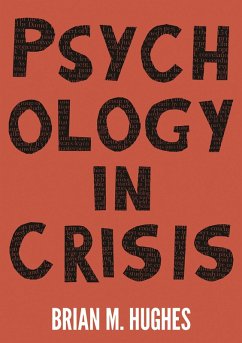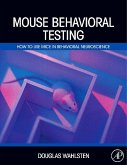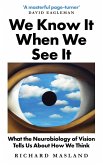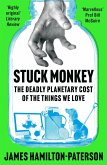Throughout the history of psychology, attempting to objectively measure the highly dynamic phenomenon of human behaviour has given rise to an underappreciated margin of error. Today, as the discipline experiences increasing difficulty in reproducing the results of its own studies, such error not only threatens to undermine psychology's credibility but also leaves an indelible question: Is psychology actually a field of irreproducible science?
In this thought-provoking new book, author Brian Hughes seeks to answer this very question. In his incisive examination of the various pitfalls that determine 'good' or 'bad' psychological science - from poor use of statistics to systematic exaggeration of findings - Hughes shows readers how to critique psychology research, enhance its validity and reliability, and understand the strengths and weaknesses of the way psychology research is produced, published, and promulgated in the 21st century.
This book is essential reading for students wanting to understand how to better scrutinise psychological research methods and results, as well as practitioners and those concerned with the replication debate.
In this thought-provoking new book, author Brian Hughes seeks to answer this very question. In his incisive examination of the various pitfalls that determine 'good' or 'bad' psychological science - from poor use of statistics to systematic exaggeration of findings - Hughes shows readers how to critique psychology research, enhance its validity and reliability, and understand the strengths and weaknesses of the way psychology research is produced, published, and promulgated in the 21st century.
This book is essential reading for students wanting to understand how to better scrutinise psychological research methods and results, as well as practitioners and those concerned with the replication debate.









